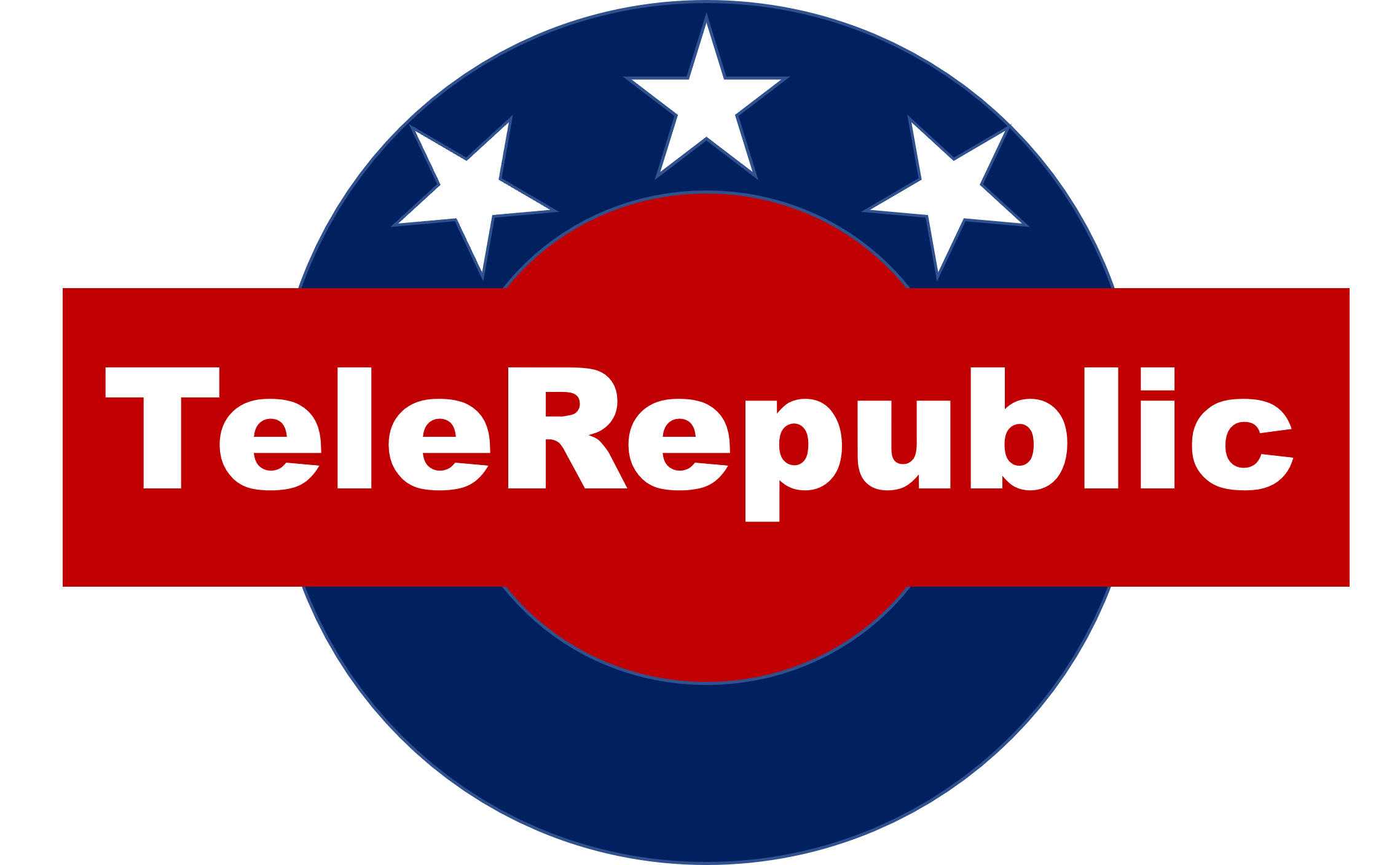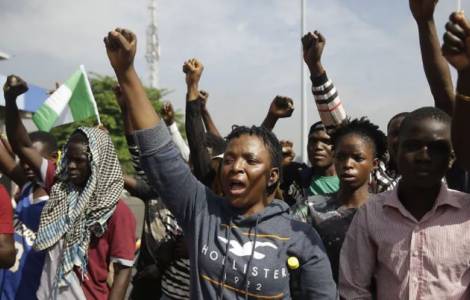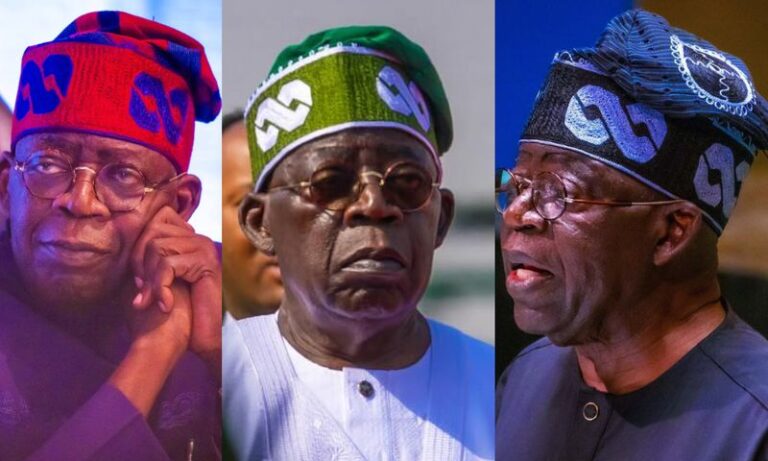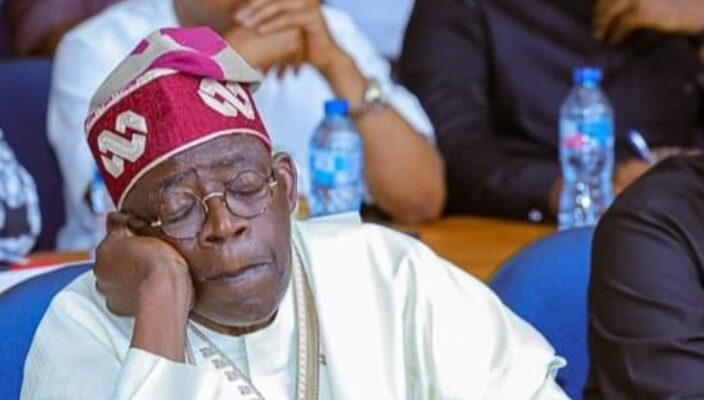Introduction
Nigeria stands at a crossroads, facing a critical moment in its democratic journey. Tinubu’s administration and Nigeria law makers have taken a dark turn by attempting to stifle nationwide protests, undermining the very essence of democracy and human rights. The right to protest is inalienable. Tinubu’s grievous failures in governance, and the dire economic and human impacts of his administration’s repressive tactics must be denounced.
The Inalienable Right to Protest
Protest: A Cornerstone of Democracy
Why Protest is a Fundamental Human Right
Protest is more than a democratic tool; it is a fundamental human right enshrined in international human rights law. The Universal Declaration of Human Rights and the International Covenant on Civil and Political Rights affirm the right to peaceful assembly and expression. These rights are the bedrock of democratic societies, allowing citizens to voice dissent, demand accountability, and advocate for change.
This right is inextricably linked to the concepts of freedom of expression, assembly, and association. The ability to protest is a manifestation of the inherent dignity and worth of the human person, serving as a crucial mechanism for individuals to express dissent, demand justice, and seek redress for grievances. It is an inalienable right that cannot be abrogated by any government or constitution without fundamentally undermining the very essence of what it means to be human.
It is worth recalling that back in 2013, during Goodluck Jonathan’s administration, Tinubu called for a revolution in Nigeria and encouraged Nigerians to go out and protest. Now, under his rule, the calls for protest resonate with a bitter irony as the nation struggles under his leadership.
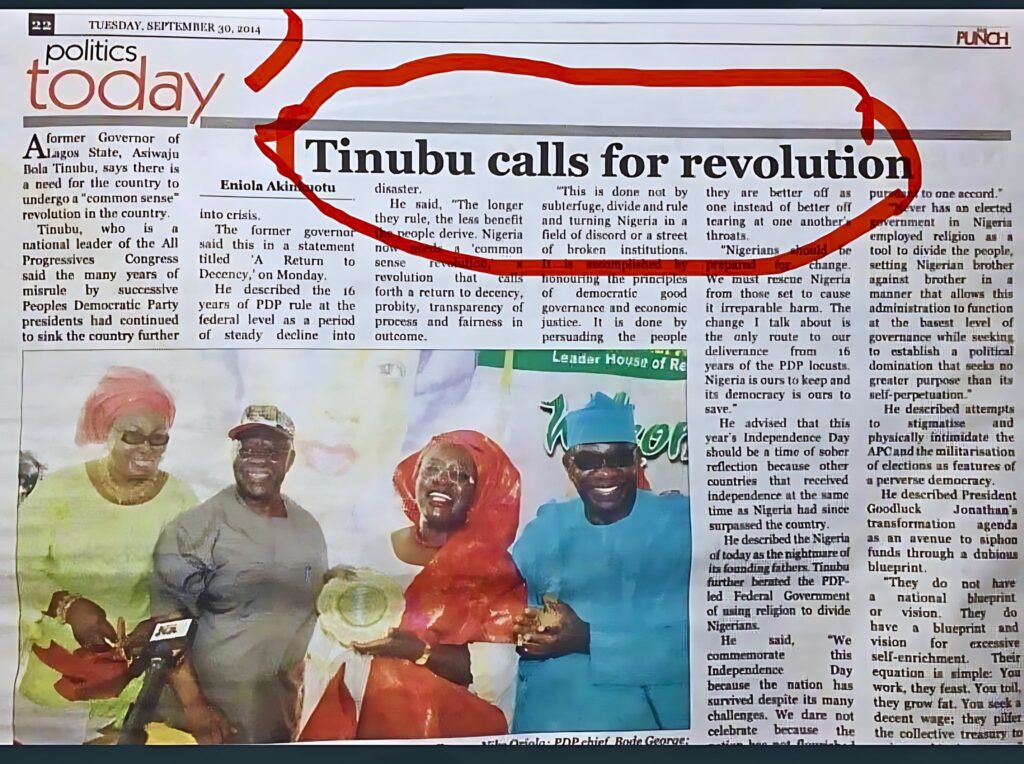

The Legal Framework Supporting Protest Rights
International and National Legal Protections
- Universal Declaration of Human Rights (Article 20): Guarantees the right to peaceful assembly and association.
- International Covenant on Civil and Political Rights (Article 21): Affirms the right to peaceful assembly.
- Nigerian Constitution (Section 40): Grants citizens the right to assemble freely and associate with others.
Tinubu’s attempts to quash protests not only violate these legal frameworks but also strip Nigerians of their humanity, reducing them to a state of subjugation and fear.
International Legal Framework
The right to protest is protected under Article 20 of the UDHR, which states: “Everyone has the right to freedom of peaceful assembly and association.” Similarly, Article 21 of the ICCPR reaffirms this right: “The right of peaceful assembly shall be recognized.” These international treaties, ratified by the majority of the world’s nations, establish the right to protest as a universal norm that transcends national boundaries and legal systems.
Comparative Analysis with Animal Rights
Denying individuals the right to protest effectively reduces them to a status akin to animals, who are often seen as lacking agency and the capacity for rational, moral decision-making. Humans, by virtue of their cognitive abilities and moral reasoning, possess the unique capacity to advocate for change and seek justice. To strip away this right is to deny individuals their humanity, rendering them voiceless and powerless.
Protection Against Tyranny
The right to protest is a safeguard against tyranny and oppression. Governments that seek to suppress protests often do so to silence opposition and maintain their grip on power. Such actions are characteristic of authoritarian regimes, where dissent is criminalized, and citizens live in fear of retribution. By protecting the right to protest, societies can resist the encroachment of authoritarianism and preserve individual freedoms.
Expression of Human Dignity
Protest is a vital expression of human dignity. It allows individuals to voice their opinions, challenge injustices, and participate in the democratic process. Without the ability to protest, individuals are stripped of their agency and reduced to passive subjects of state power. This diminishes their humanity, as the essence of being human lies in the capacity to think, speak, and act according to one’s conscience.
Moral and Ethical Imperatives
From a moral and ethical standpoint, the right to protest is grounded in the principles of justice and fairness. It is a means by which individuals can stand up against injustices and advocate for the rights of others. Denying this right not only violates legal norms but also contravenes fundamental ethical principles that recognize the inherent worth and autonomy of every person.
Tinubu’s Monumental Failures in Governance
A Legacy of Broken Promises
Economic Mismanagement and Corruption
Since taking office, Tinubu’s administration has been marred by rampant corruption and economic mismanagement. Despite promises of economic revitalization, Nigeria’s economy has plummeted, leaving millions in poverty and despair. Key sectors, including education, healthcare, and infrastructure, have suffered neglect and decay.

The Human Cost of Governance Failures
Widespread Poverty and Unemployment
- Unemployment Rate: Nigeria’s unemployment rate has soared to unprecedented levels, with millions of young people left without jobs or prospects.
- Poverty Line: Over 40% of Nigerians live below the poverty line, struggling to meet basic needs such as food, shelter, and healthcare.
Conclusion
A Call to Action
Tinubu’s and law makers attempt to stifle nationwide protests is a grave assault on Nigeria’s democracy and the fundamental rights of its citizens. The right to protest is inalienable and cannot be taken away by any government or constitution. It is time for Nigerians and the international community to stand up against this repression and demand accountability. The future of Nigeria’s democracy depends on it.
Join the Fight for Freedom
- Raise Awareness: Share this article and educate others about the importance of the right to protest.
- Hold Leaders Accountable: Demand transparency and accountability from Nigerian leaders through petitions, protests, and advocacy.
In these dark times, it is crucial to remember that the fight for justice and freedom is a collective effort. Together, we can reclaim Nigeria’s democracy and ensure that the rights of its citizens are respected and upheld.
